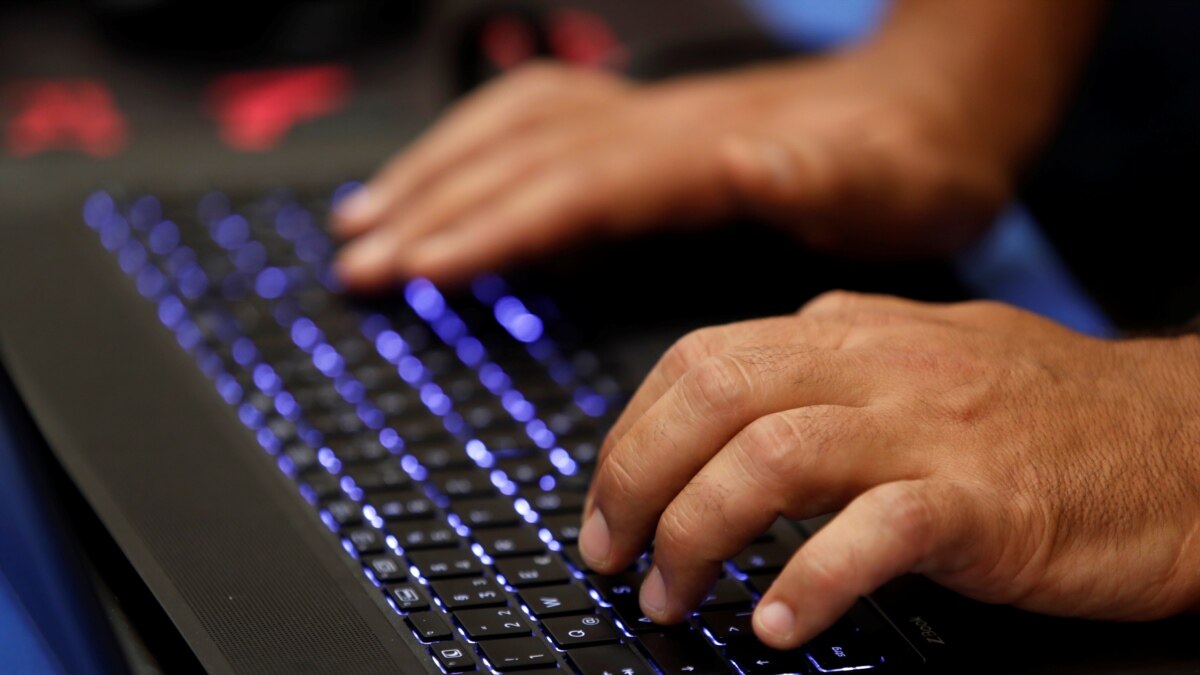The United States is concerned about the increasing use of internet outages to restrict access to information

In celebration of World Press Freedom Day, the US Department of State’s Bureau of Democracy, Human Rights, and Labor organized a panel of international journalists to discuss press freedom and the Internet, which are closely related today.
The virtual meeting was attended by journalists from Venezuela, Bangladesh, Belarus and Uganda, as well as government officials and various organizations.
CPJ Executive Director Joel Simon spoke about the link between journalism and technology, noting that journalism today depends on it, and that when governments take the internet out of journalism, they “make their work impossible. They are doing massive damage to their communities.”
For his part, the Acting Deputy Assistant Secretary of State for Democracy, Human Rights and Labor at the US State Department, Scott Busby, expressed the US government’s concern about the increasing use of Internet cuts to restrict access to information.
“The media’s work in collecting, analyzing, and sharing information with the public allows people to be more informed, active, involved in political decision-making and better able to hold governments to account. For these reasons, some governments are increasingly looking to prevent independent media from doing their job and, unfortunately, There are a growing number of tools used to do this, including internet shutdowns and restrictions. In our increasingly digital world, it is recognized that in many places, press freedom and the free flow of information demand freedom online.”
Busby noted, “More and more governments are using internet restrictions to suppress peaceful protests, silence dissent, limit government criticism, and limit information before and during elections.
He mentioned as an example that since the military coup in Burma on February 1, the government has repeatedly used the shutdown of internet services to restrict access to information and also similar measures in 2020 by the government in Belarus.
One of the problems in his country is the low percentage of people who have access to the Internet, said independent Venezuelan journalist and founder of the Redes Ayuda NGO, Milano Escobar.
“Maybe you could publish an article or maybe tweet live while something is going on… but most people won’t get the information,” Escobar said.
The journalist stated that they are trying, as a solution, to obtain information abroad, publicly denouncing and resorting to international mechanisms for the protection of human rights.
For his part, Peter Misk, United Nations General Counsel and Policy Director at Access Now, an Internet rights organization, said ISPs have a responsibility to respect human rights and can play a critical role in upholding the right to the Internet. .
Internet providers have options. They can first build links with civil society, network with associations of journalists, and hold multi-stakeholder meetings to build communication channels and understand risks; They can be alert to sensitive events in which an internet outage can be requested. We’ve seen at least 50 election-related internet shutdowns in the past five years. Micek said these are triggering events and ISPs need to look into this and plan for the worst.
He added that providers have lobbying and legal teams that can help prevent internet outages and reach information ministers, and can also prepare to “fight in court when, unfortunately, these internet outage orders may arrive.”

“Professional problem solver. Subtly charming bacon buff. Gamer. Avid alcohol nerd. Music trailblazer.”




:quality(75)/cloudfront-us-east-1.images.arcpublishing.com/elcomercio/6NEH6FMKYBCU7JJWZ5GVRZKTRM.jpg)
/thumbs.vodgc.net/1-14-FnXFWZ1684253239488_1080P.jpg)





